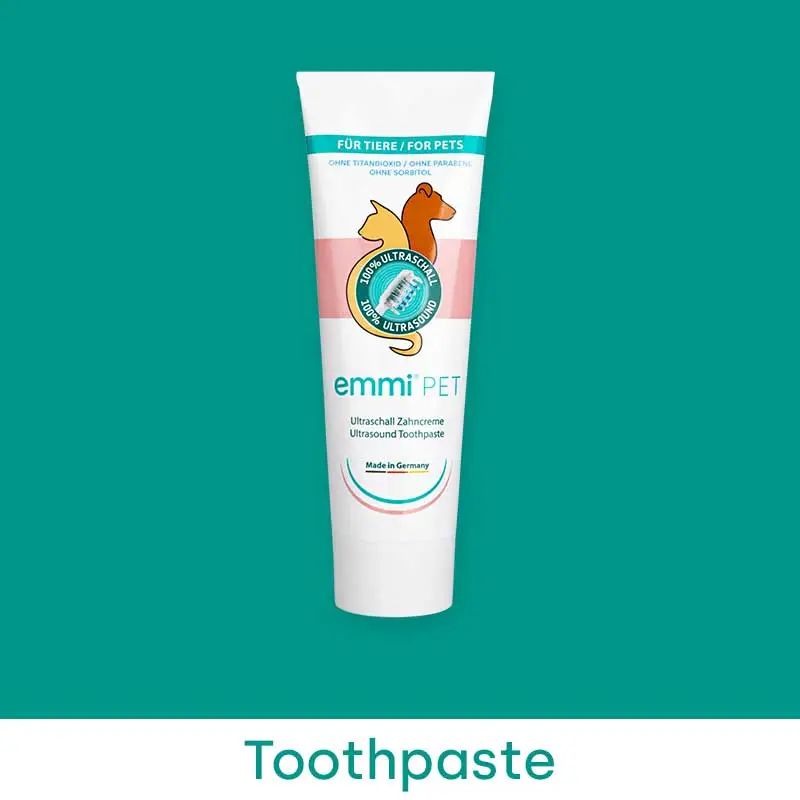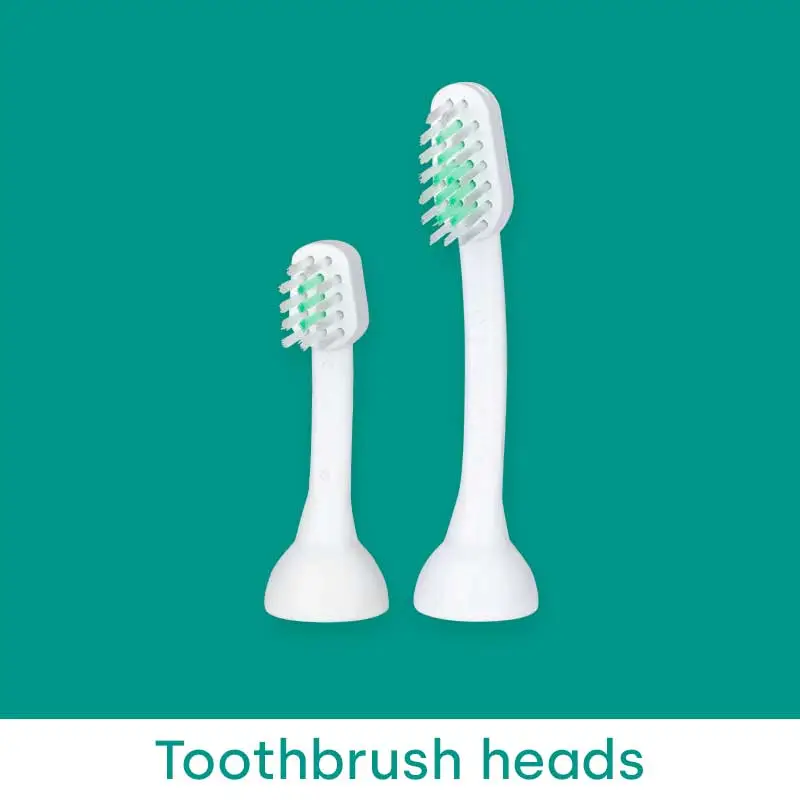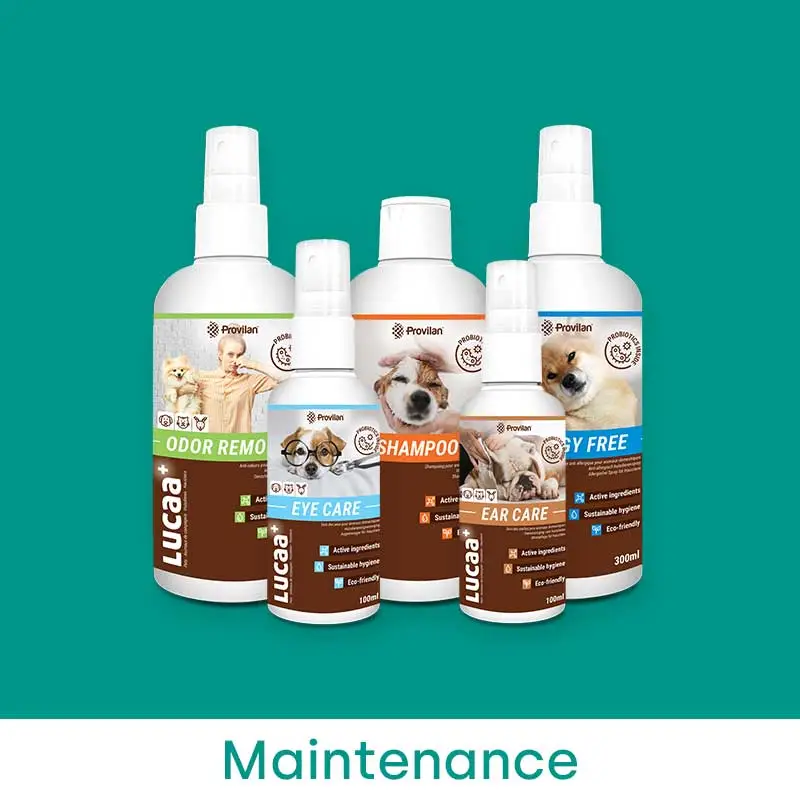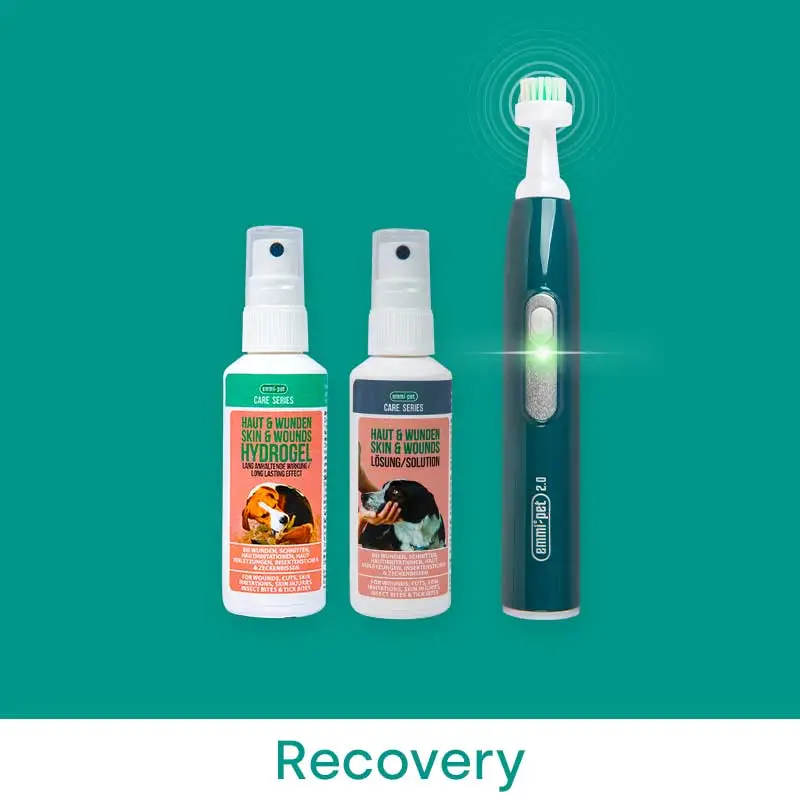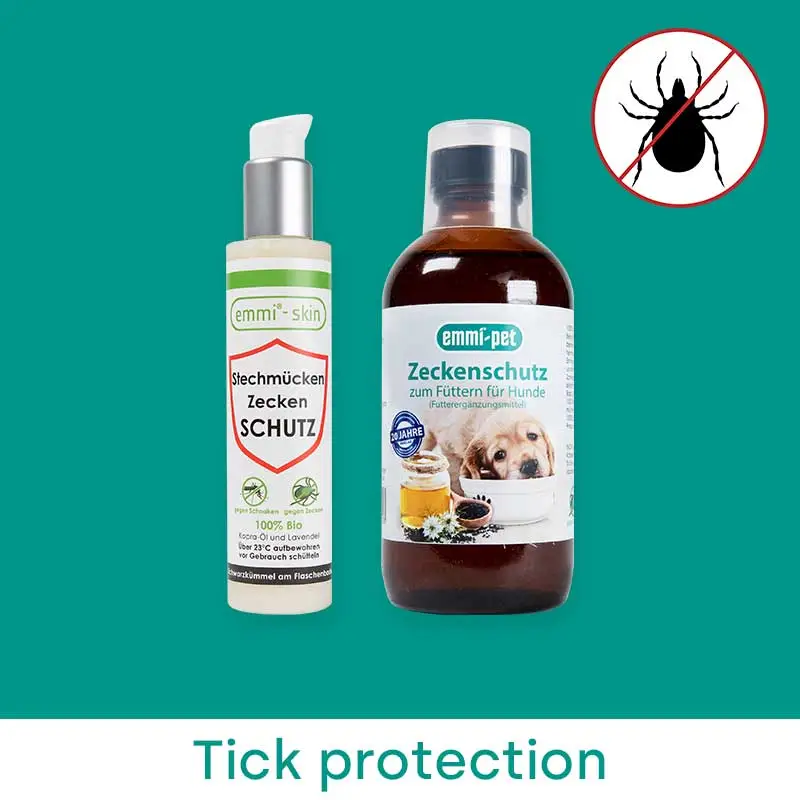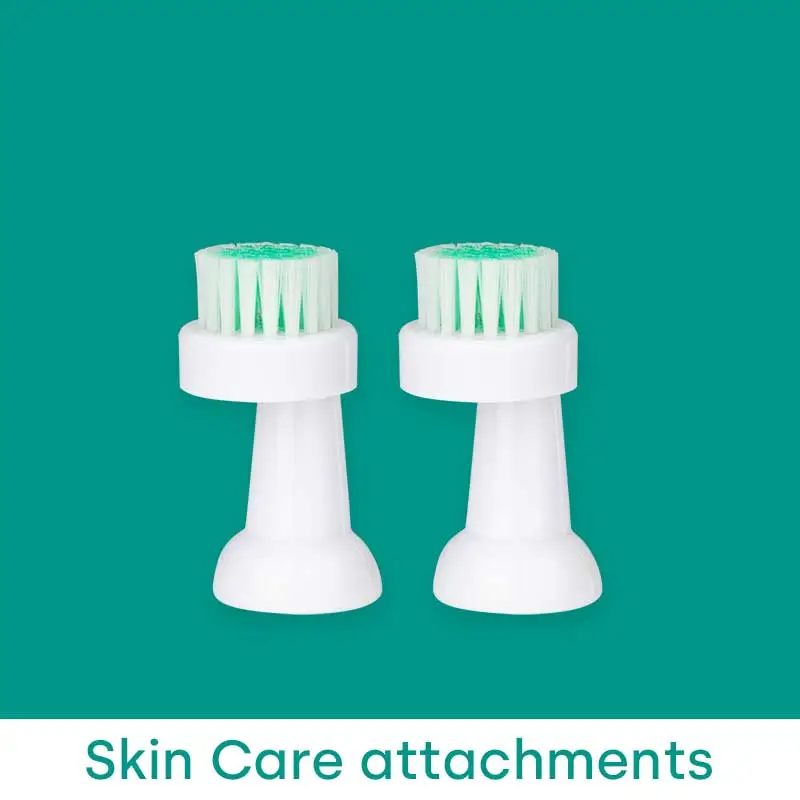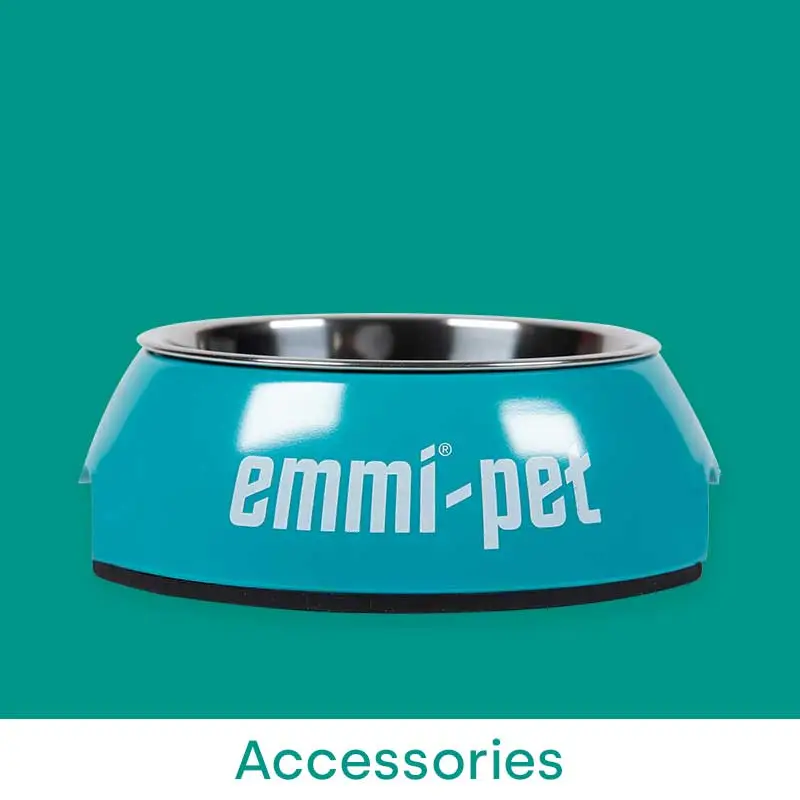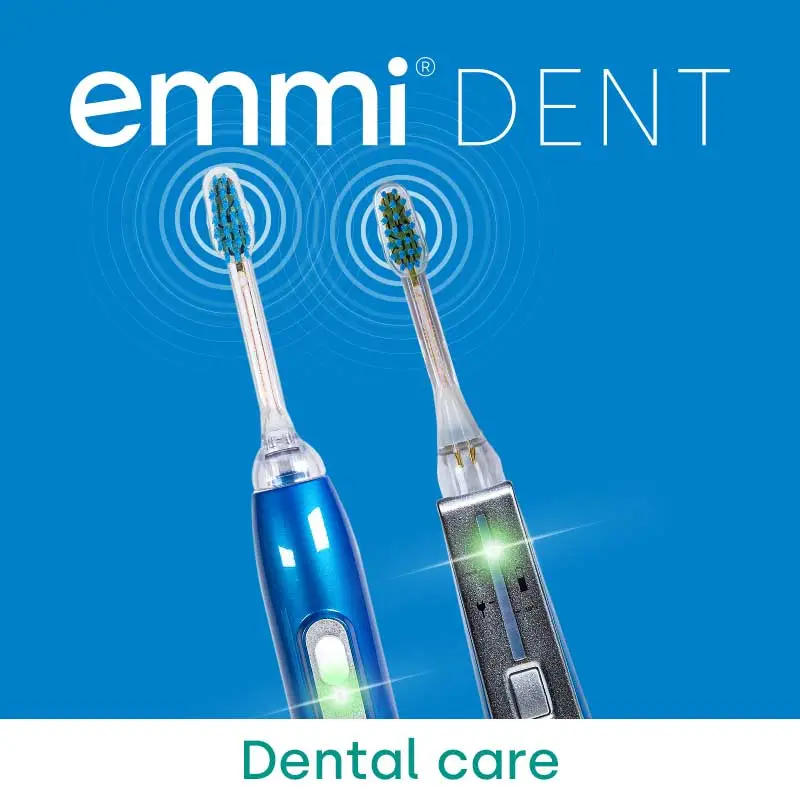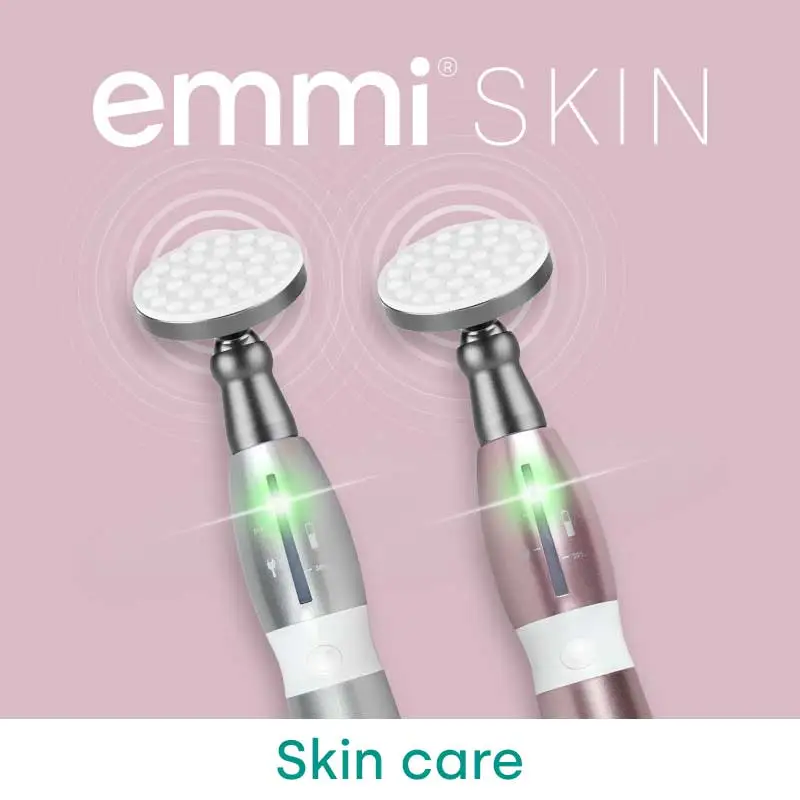
Ear infections are one of the most common and unpleasant ailments that can plague our beloved four-legged friends. They are not only painful, but can also lead to more serious health problems if left untreated. That's why it's particularly important to act early. In this article, you'll learn everything you need to know about ear infections in dogs: from the first signs and effective treatment methods to preventative strategies to help stop these annoying infections from developing in the first place. Let's work together to make sure your dog has healthy ears and can enjoy life without pain.
Recognising the signs of an ear infection
Before we look at prevention and treatment, it is important to know the symptoms of an ear infection in your dog. Typical signs include
- Head shaking or scratching of the affected ear
- Redness and swelling in the ear
- Foul odour from the ear
- Discharge, sometimes mixed with pus or black debris
- Obvious pain or discomfort when the ear is touched
Prevent ear infections in dogs!
The best way to combat ear infections is prevention:
Regular cleaning: Use a mild ear cleaning solution suitable for dogs to keep the inside of your dog's ears clean. emmi-pet Cleaning finger cots are also suitable for removing everyday dust and dirt from the ears. This should be done regularly, especially for breeds with droopy ears.
Keep dry: Make sure to dry your dog's ears thoroughly after bathing or swimming, as moisture can promote inflammation.
Controlled diet: Sometimes allergies triggered by certain foods can lead to ear infections. Talk to your vet about a hypoallergenic diet if you suspect this and if necessary.
Treatment methods for ear infections
If your dog develops an ear infection, it is crucial to act quickly:
Veterinary examination: At the first sign of an ear infection, you should take your dog to the vet. The vet can determine the exact cause and prescribe appropriate medication, such as ear drops or antibiotics.
Medication: Follow your vet's instructions carefully regarding the use of medication to ensure a full recovery.
Aftercare: Even after the symptoms have subsided, it is important to keep an eye on your dog's ears and continue cleaning to prevent recurrences.
By keeping a watchful eye on the health of your dog's ears and taking preventative measures, you can save them a lot of discomfort. Good ear care is not only a matter of hygiene, but also an important part of general health care for your dog.

